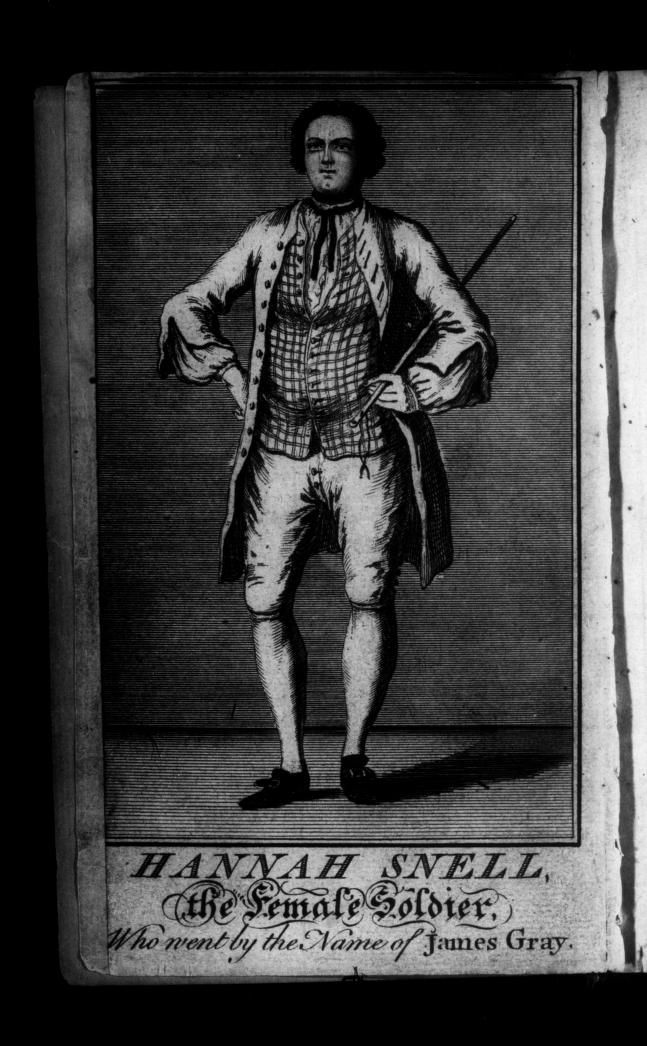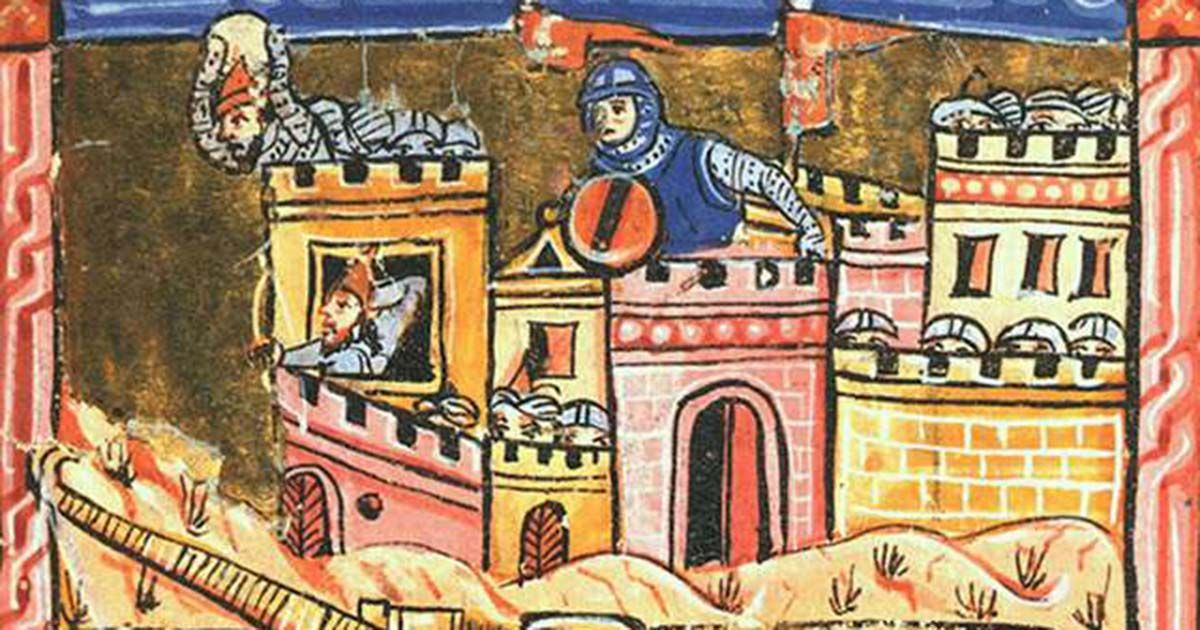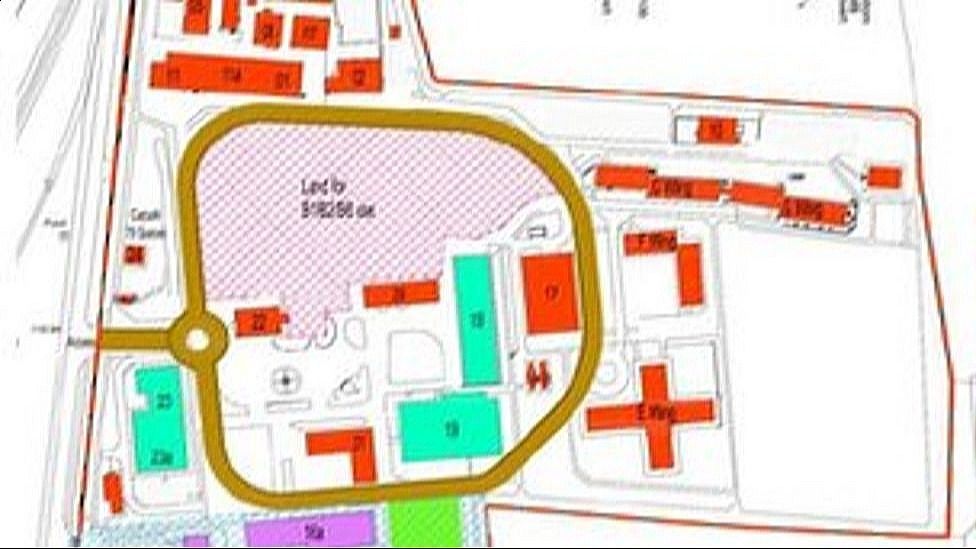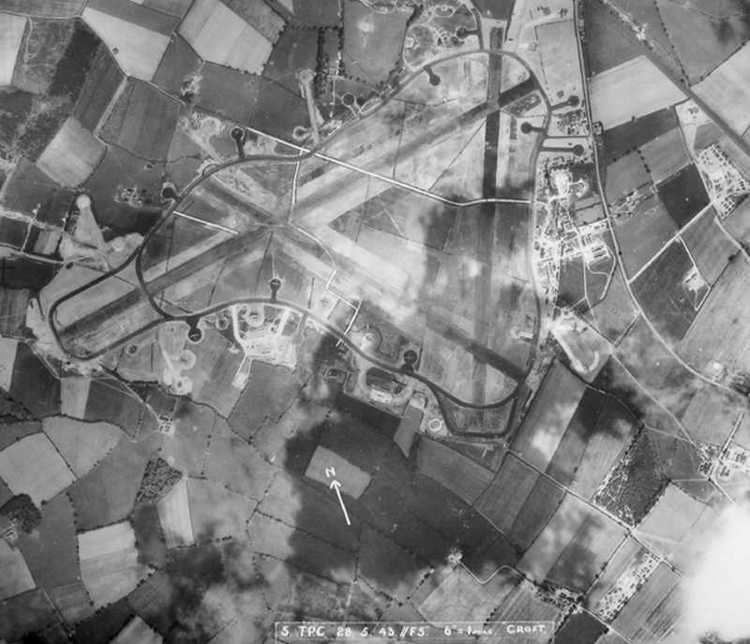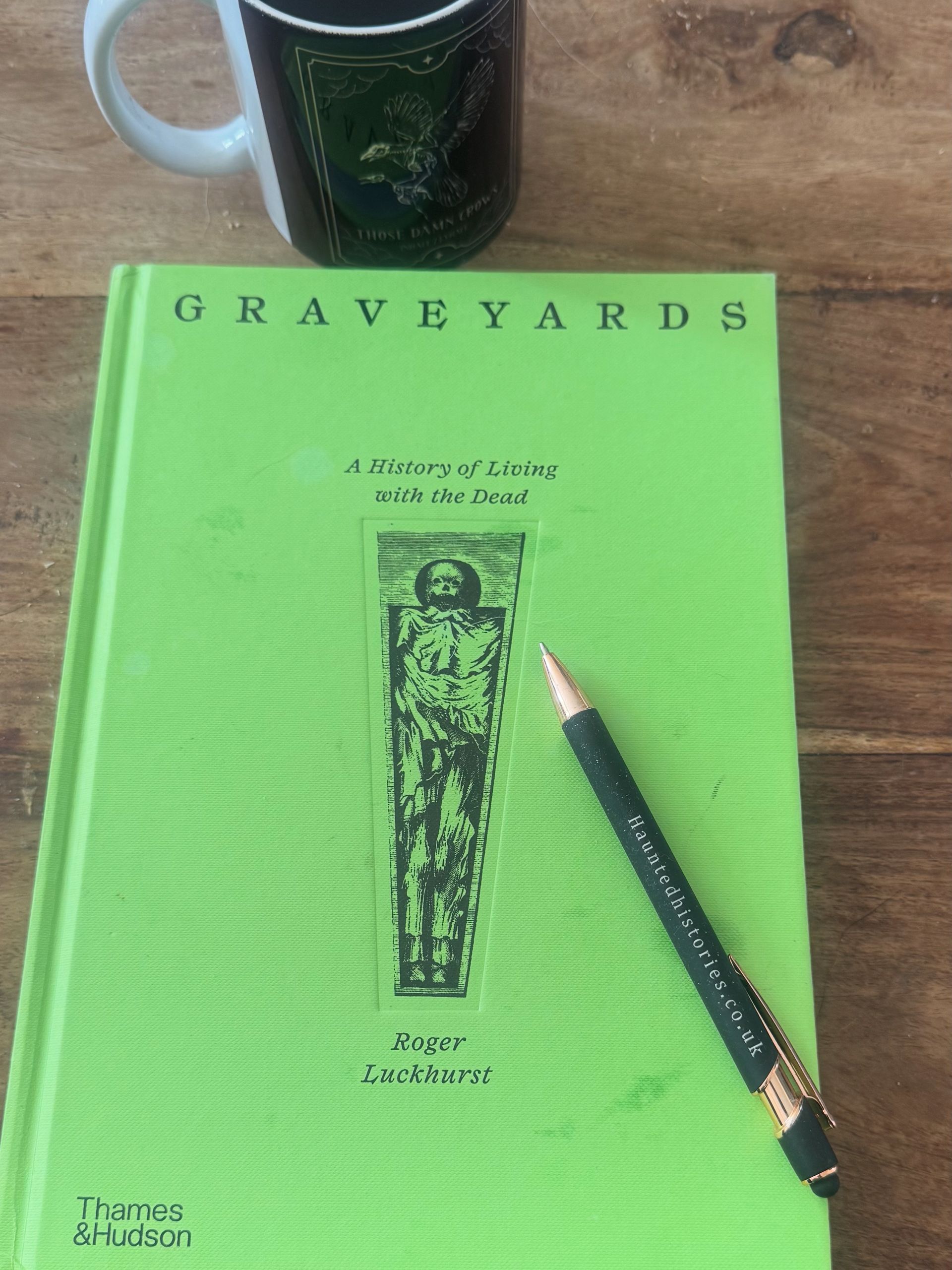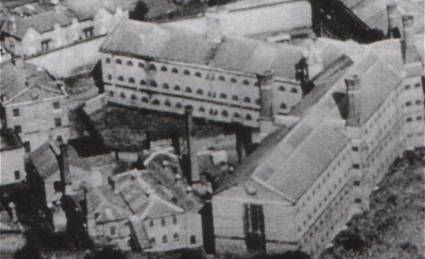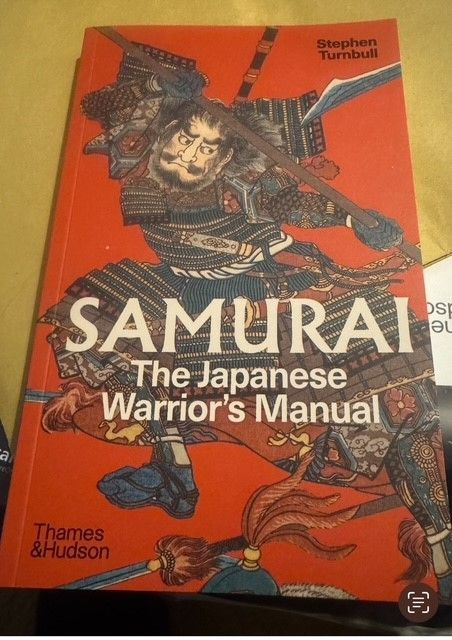Brave?...or a bit bonkers
I have been focussing on all things Special Forces on Haunted Histories this week, firstly because the new drama “SAS Rogue Heroes” has started showing on BBC1 - and it definitely seems to be a marmite series, I know that historically it is inaccurate and also the portrayals so far of the three main characters Stirling, Mayne and Lewes are missing out key elements of their personalities which are intrinsic to their development – and secondly, because one of the strongest pieces of evidence I have ever garnered on an investigation was to do with a Commando who I believe may have fought either with or alongside Paddy and his crew.
Of the three names I mentioned, Lewes is the one I know least about, so I thought that I would focus on that for a short blog. Straight away, you notice that all three of these men had sporting prowess that made them stand out, Stirling was a mountaineer and training to climb Everest, Mayne was an incredibly good rugby player who received caps for both Ireland and the British Lions in the sport, and Lewes was an Oxford Blue. Was it his aptitude for team sport which helped him after the SAS (L Detachment to be correct) was established?
“Lewes did more to win the 1937 Boat Race for Oxford than any other man, in or out of the boat. He was passionately convinced that the need was for men who race, and who would be happy together, and that the technique of rowing style was something to be taught by the coaches.” (The Oxford and Cambridge Boat Race; 1954)
This ability to coach was definitely a skill as when the new regiment was created, he was made the Training officer for L Detachment (not LRDG, Long Range Desert Group, they worked alongside Stirling and his men) and often led by example. One story I found was that during parachute training at their camp in Kabrit Egypt, two soldiers died when a jump went wrong, it was Lewes and Stirling who went first the next day to make sure the equipment was safe…they also would leap from the back of speeding lorries as part of the tuition, definitely confirmation of you don’t have to be mad to work here but it helps…
Lewes also invented the bomb that carries his name, he knew they needed an explosive which was light enough to be carried by an incredibly small group of men, but also powerful enough to destroy enemy aircraft. The Lewes bomb weighed just one pound, so vast quantities were able to be taken on the various raids without impacting on the soldier’s ability to move.
A quick search will also link the words “Jock Lewes” with “Nazi sympathiser”, this is not something you would expect to see so I thought I would elaborate on it for you. During the early period of Nazi rule of Germany, Lewes had gone to Berlin and was impressed by the discipline and dynamism of the regime. He was quite an austere person himself, and felt it was an admirable way to conduct one’s business, however, after the events of Kristallnacht - the November pogroms – in 1938, where thousands of Jewish businesses were destroyed, tens of thousands of Jews were arrested and placed in concentration camps, hundreds of synagogues were burned to the ground, his admiration turned to disgust and he became an avowed opponent of Hitler and his minions.
It was only nine days after he turned 28, on 30th December 1941, he was part of a raid on Axis airfields deep into enemy territory when was shot (reportedly through the thigh) and died minutes later. His men buried him where he fell, but sadly the location of his grave has been lost in time.
If you want to learn more about Jock, his nephew John has written a few books based on his Uncle’s diaries and notes that are worth reading.
Oh, and do I think they were brave? For sure, do I think they were bonkers? Very definitely, is this what made them so good at what they did? Without a doubt.
